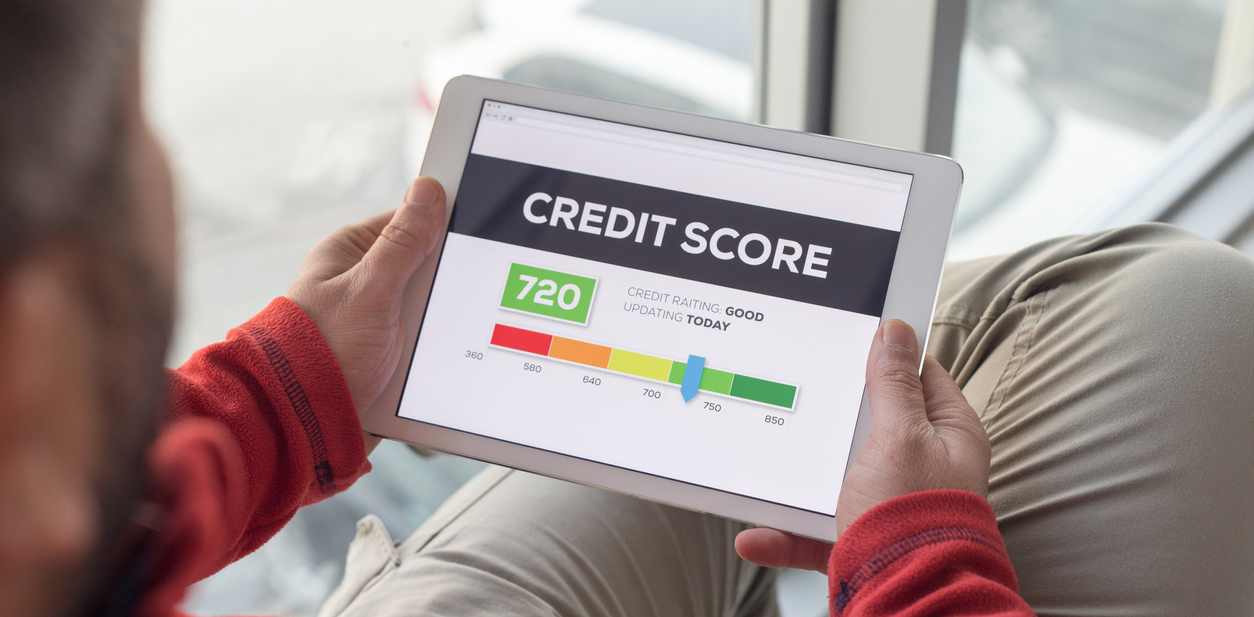Being co-borrower or cosigner requires a lot of trust.
Choosing the right type of car loan depends on many factors — credit score, vehicle value, and payment arrangements, among other things. Applying for the right loan ensures you’ll have a greater chance of qualifying. It also can mean the difference between affordable interest rates and exorbitant monthly payments.
That’s why you need to know the differences between joint and cosigned auto loans. While the two are seemingly the same, they are quite different in how you qualify and who owns the vehicle after it’s paid in full.
Before you start applying, review this guide to joint loans, loans with co-borrowers or cosigners, and five examples of situations where you might need to choose between them.
The Primary Differences Between Joint and Cosigned Auto Loans
There are two different approaches to taking out loans when more than one person is going to be on the documents. The right choice will depend on your credit profile and financial goals. Do you want to share payments with someone else, or do you want to help someone qualify for a loan?
What is a Joint Loan?
On a joint loan, more than one person (borrower) receives benefits from a loan. Both borrowers are entitled to the funds, both are equally responsible for payment, and both members’ credit and debt will be factored into deciding loan approval.
Therefore, applying jointly may produce more assets, income, and better credit — which can result in more loan approvals and better terms and offers.
Whose credit score is used on a joint auto loan?
If you want to take out a car loan and share the responsibility — that is, the monthly payments, credit score to qualify, and ownership rights — with someone else, you will both apply for a joint loan as co-borrowers.
How you decide to split the payment is up to you as long as the full monthly payment is made on time. All payment history is reported on both parties’ credit every month.
If you take out a joint loan and want to sell the car, you’ll need to split any proceeds. A joint loan is common for married couples, life partners, or businesses with more than one owner. However, anytime two parties have an equal interest in the ownership of a car, a joint loan is the best solution.
What is a Cosigned Loan?
If you want to take out a loan and you cannot qualify — or someone you know wants to take out a loan and cannot qualify — you’ll need a cosigned auto loan. This is often done when the main borrower has poor or bad credit.
The person who needs the cosigner is the primary borrower and responsible for payments. The cosigner agrees to take responsibility for the loan in the event that the main borrower doesn’t make the payments and defaults.
In decisioning the loan, both the cosigner and the borrower’s credit are factored, though the cosigner’s credit will likely weigh heavier than the main borrower’s credit. Only the main borrower benefits from the loan and is entitled to the funds. However, credit is reported to the bureaus for both parties to ensure payments are made on time.
When the loan is paid in full, the primary borrower has ownership rights to sell the vehicle.
What’s the Difference Between Co-Borrowers and Cosigners?
Both are parties on a loan agreement, but the responsibilities of each party vary.
Co-borrowers are the two (or more) people that apply for a joint loan. They share equal payment, credit, and ownership responsibilities. Generally, co-borrowers can each qualify for a loan without the other party, though applying together might yield discounts.
Cosigners, on the other hand, are people who use their own credit to support the loan terms for someone else. This is usually a relative. One party effectively offers the credit to qualify for the loan, while the other party provides the income to qualify and makes the payments each month.
Can Joint and Cosigned Auto Loans Negatively Affect My Credit?
While there are different situations for both types of loans, each of them will have similar impacts on your credit report, credit score, and financial picture. Like all loans, joint and cosigned loans can have both positive and negative effects.
If you’ve been asked to be a cosigner or co-borrower on someone else’s loan, you’ll want to weigh the pros and cons before making a decision. The three negative financial impacts you need to watch out for are:
- Increase to your DTI: A higher debt-to-income ratio can lower your ability to qualify for other credit in the future, so if you plan to take out a loan for yourself in the future, you’ll need to take that into consideration.
- Higher outstanding credit limit: A new car loan increases your “high credit” limit, and because the balance is still high, it will increase the amount of credit you are using compared to your total outstanding credit limit. This “credit utilization” can lower your score.
- Potential for missing payments: Especially as a cosigner, you should carefully consider whether the borrower will be making on-time payments every month. Missing payments will be hard on both parties’ credit and can escalate from there. This can strain relationships over time.
If you manage the payments on time and pay down the balance as quickly as possible, you’re more likely to see positive benefits to both credit scores. This can be good for people with limited or bad credit.
5 Situations Where You Might Need to Consider a Joint or Cosigned Car Loan
Different situations require different types of loans. Depending on your financial situation and goals, there are a few situations where you need to decide between joint loans and cosigning for loans.
1. You recently married and want to purchase a new car.
While you don’t necessarily have to get a joint car loan just because you’re married, in some states, there are community property laws that split debt and ownership down the middle for co-borrowers. That means it makes sense to apply together to keep things simple. You might not have a choice, either.
You might also want to share property rights with your spouse. In this case, you’ll apply for a joint auto loan. Both of your names will be on the title and loan documents, as well as the credit reporting data.
2. You don’t have enough in savings and no credit established yet.
Whether you are fresh out of college without enough cash to purchase a car or you’ve never needed credit until now, you’re in a tricky situation with (likely) limited income and no credit history. There are several different options, including cosigners and subprime auto loans for people with no credit.
Someone (like a parent) cosigning for a car loan could your best option here, but you do want to make sure you have enough income to support the payments — or else your mom or dad will be stuck with the bill.
3. You have a previous repossession on your credit report.
Regardless of whether you have a voluntary or involuntary repossession on your credit report, you might find that you have trouble qualifying for loans. You might qualify for a subprime auto loan or in-house financing from a “buy here, pay here” car dealer — both of which are expensive options.
You want to apply with a cosigner in this situation. A cosigner can help you secure lower interest rates, which can reduce your loan payments and total loan costs. Your income is still critical here.
4. You need lower interest rates or monthly payments than you qualify for.
Even if you have a fair credit score, you might want more competitive interest rates. Some of the best dealership loan solutions offer 0% financing, which can be hard to qualify for in most cases. Applying with someone else can help you qualify for better rates and higher loan amounts.
Surprisingly, you might be able to use either option in this case. A joint loan or cosigning with a well-qualified partner — exceptional or excellent credit — can boost your overall credit profile.
5. You have a bankruptcy or public record on your credit report.
A repossession is effectively a collection account on your credit report, but bankruptcies, tax liens, and judgments can all remain on your credit report for up to ten years. They can limit your options for even the most expensive car loans. You might also have more restrictive loan terms.
Applying with a cosigner can increase the number of financing offers you qualify for. You might also qualify for lower interest rates or loans with more favorable fee costs.
Bottom Line
Getting a loan is a big deal, but getting one with — or with the help of — another person is a bigger deal. Why? Because it makes all parties responsible for paying off the loan.
Understanding your borrowing options can make you a better consumer and help you choose the loan that’s best for your situation, whether it’s cosigned, joint, or none of the above.
About The Author
RateGenius
A better way to refinance your auto loan. RateGenius works with 150+ lenders nationwide to help you save money on your car payments. Since 1999, we've helped customers find the most competitive interest rate to refinance their loans on cars, trucks, and SUVs. www.rategenius.com
;)












